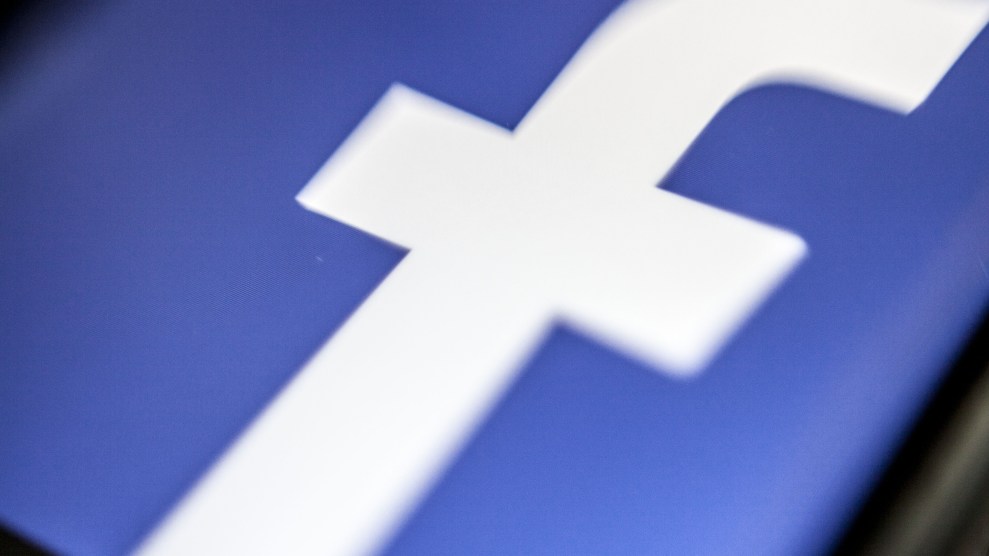
Maciej Luczniewski/NurPhoto via ZUMA Press
Facebook announced Monday that 200 apps have been suspended from its service as part of its review of how third parties use Facebook users’ personal information. The suspensions come as Facebook wades through thousands of programs designed for its platform in the wake of revelations that Cambridge Analytica improperly used apps to acquired Facebook user data.
“To date thousands of apps have been investigated and around 200 have been suspended—pending a thorough investigation into whether they did in fact misuse any data,” Ime Archibong, Facebook’s vice president of product partnerships, wrote in a statement posted by the company. “There is a lot more work to be done to find all the apps that may have misused people’s Facebook data—and it will take time. We are investing heavily to make sure this investigation is as thorough and timely as possible.”
While Facebook did not identify the banned apps, or how many users were affected by them, it has promoted a webpage to notify users who may have been impacted. The page was originally launched to communicate with users whose data was eventually passed on to Cambridge Analytica through a quiz called “This Is Your Digital Life.” The quiz, designed by Aleksandr Kogan, a Cambridge University researcher, encouraged Facebook users to enter data about how their digital presence corresponded to personality traits. Only 270,000 people entered their data into Kogan’s quiz but it was programmed in such a way that it was able to get data on 87 million Facebook users. The information was acquired by Cambridge Analytica to use for political targeting and messaging in a manner that Facebook says violated its terms of service.
Revelations about Cambridge’s actions on the platform embroiled Facebook in controversy, forcing company founder and CEO Mark Zuckerberg to endure congressional hearings. Lawmakers in the UK have also are demanding he sit for hearings.












